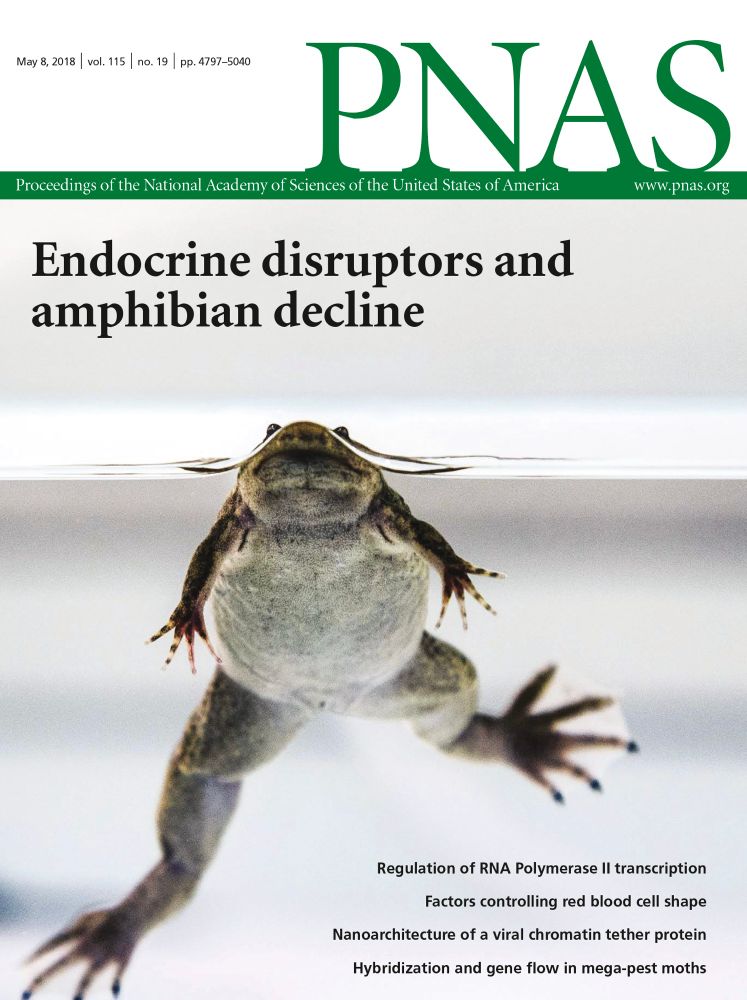
Conversely clone into a lower copy number plasmid?
Transcriptional terminators may help.
Conversely clone into a lower copy number plasmid?
Transcriptional terminators may help.
“…early funding success introduces a growing rift, with winners just above the funding threshold accumulating more than twice as much research funding (€180,000) during the following eight years as nonwinners just below it.”
www.pnas.org/doi/10.1073/...

“…early funding success introduces a growing rift, with winners just above the funding threshold accumulating more than twice as much research funding (€180,000) during the following eight years as nonwinners just below it.”
www.pnas.org/doi/10.1073/...


